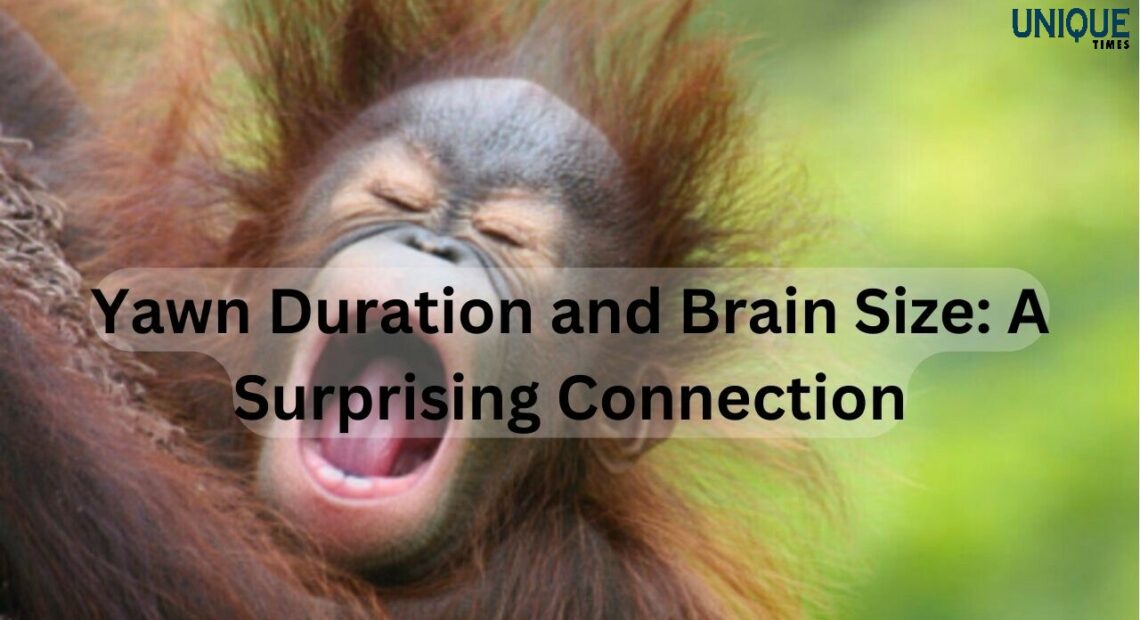Yawns and Brain Size: The Surprising Connection Among Mammals

Yawning is a universal behavior, observed in nearly all vertebrate species, including mammals. While it’s often associated with boredom or drowsiness in humans, recent research has unveiled an intriguing link between yawning and brain size in mammals. In this blog, we explore the fascinating discovery that the duration of a yawn is correlated with the size of the brain, shedding light on this seemingly simple yet mysterious reflex.
The Yawning Enigma
Yawning has perplexed scientists for centuries. While its exact purpose remains a subject of debate, theories suggest it may help regulate brain temperature, increase alertness, or even serve as a social signal. Regardless of its function, the act of yawning has an undeniable charm and curiosity.
Yawns and Brain Size: The Research
A study conducted by researchers at the University of Tokyo has brought forth an intriguing correlation between yawning and brain size. The study involved observing 1,291 yawns across 108 mammal species, ranging from humans to mice. The key finding? Mammals with larger brains tend to have longer yawns.
The Brain’s Energy Demands
The brain is an energy-hungry organ, accounting for a significant portion of an organism’s metabolic activity. Larger brains require more energy to function optimally, and this connection between brain size and metabolic demands may help explain the link to yawning.
Yawning as a Cooling Mechanism
One prominent theory about yawning suggests that it acts as a cooling mechanism for the brain. When we yawn, we inhale more air, and this influx of cool air might help regulate the brain’s temperature. Given that larger brains generate more heat due to increased metabolic activity, it’s possible that mammals with bigger brains yawn longer to cool down more effectively.
The Social Aspect of Yawning
Yawning is also known to be contagious among humans and some other animals. This contagious yawning may serve as a social bonding mechanism, enhancing group cohesion and alertness. It’s worth exploring whether the duration of yawns in larger-brained mammals plays a role in their social interactions and group dynamics.
The Mysteries of Yawning Persist
While the correlation between brain size and yawn duration is a captivating discovery, yawning remains enigmatic. It’s a reflex deeply rooted in our biology, and its underlying mechanisms continue to be a subject of scientific inquiry. As researchers delve deeper into the mysteries of yawning, we may uncover more about its evolution, purpose, and significance across different species.
In Conclusion
Yawning is far from being a mere sign of boredom or tiredness. It’s a complex behavior with intriguing connections to brain size, temperature regulation, and social interactions. As we unravel the mysteries of this age-old reflex, we gain a deeper appreciation for the fascinating intricacies of the natural world and our place within it.
Picture Courtesy: Google/images are subject to copyright








